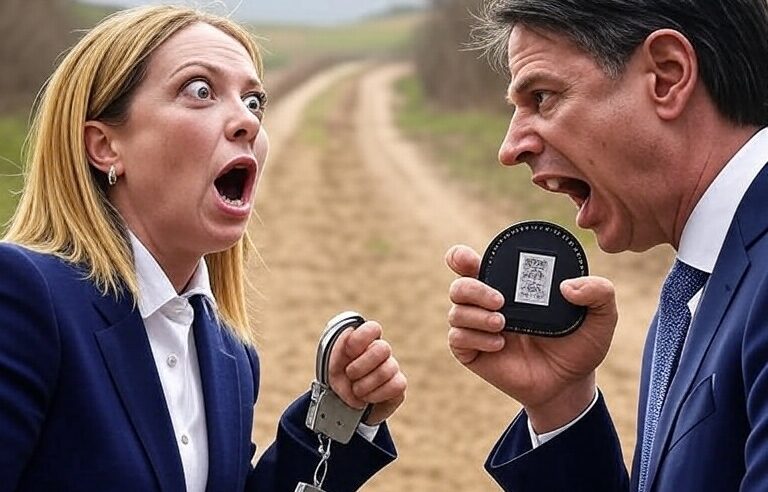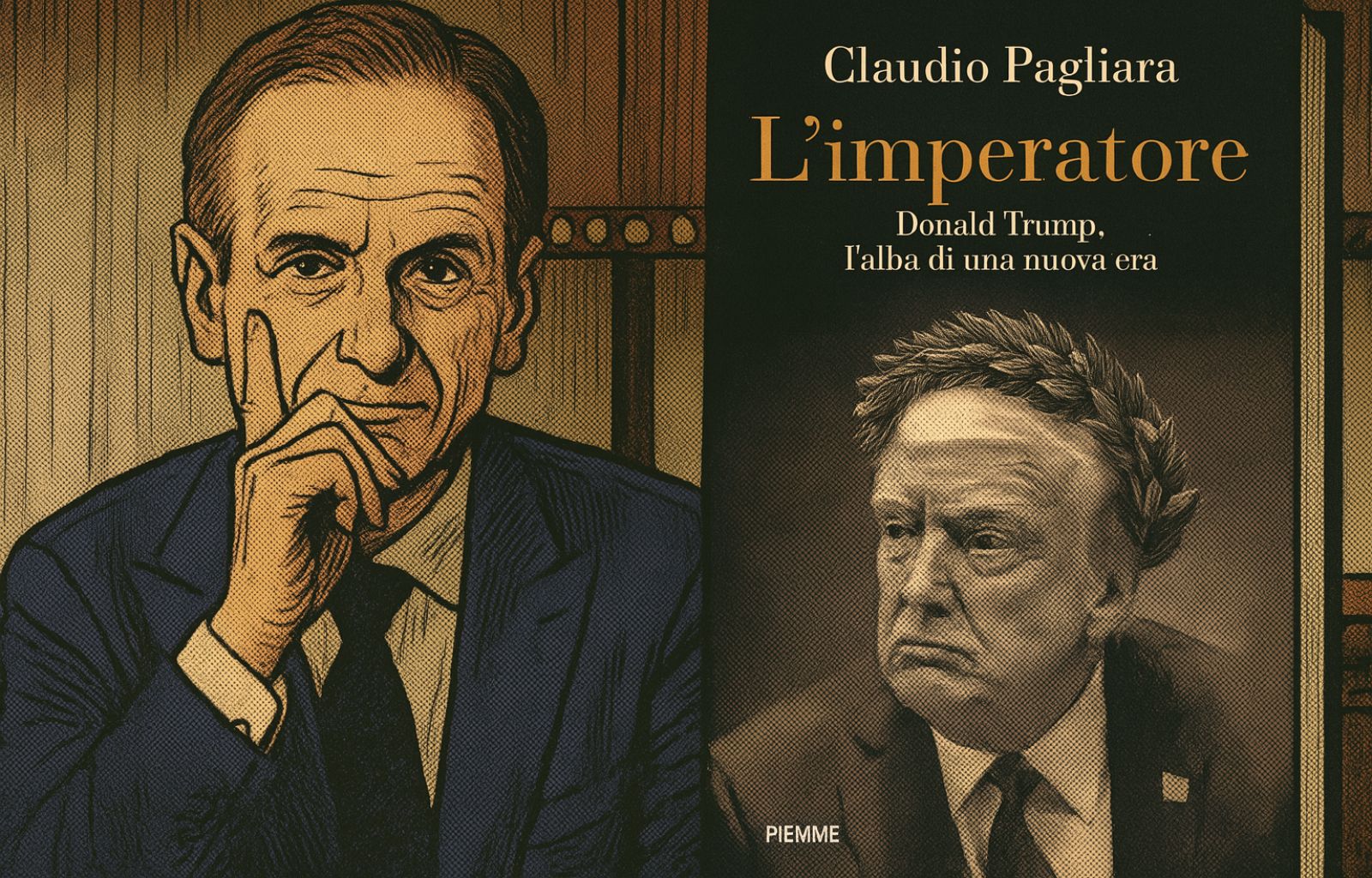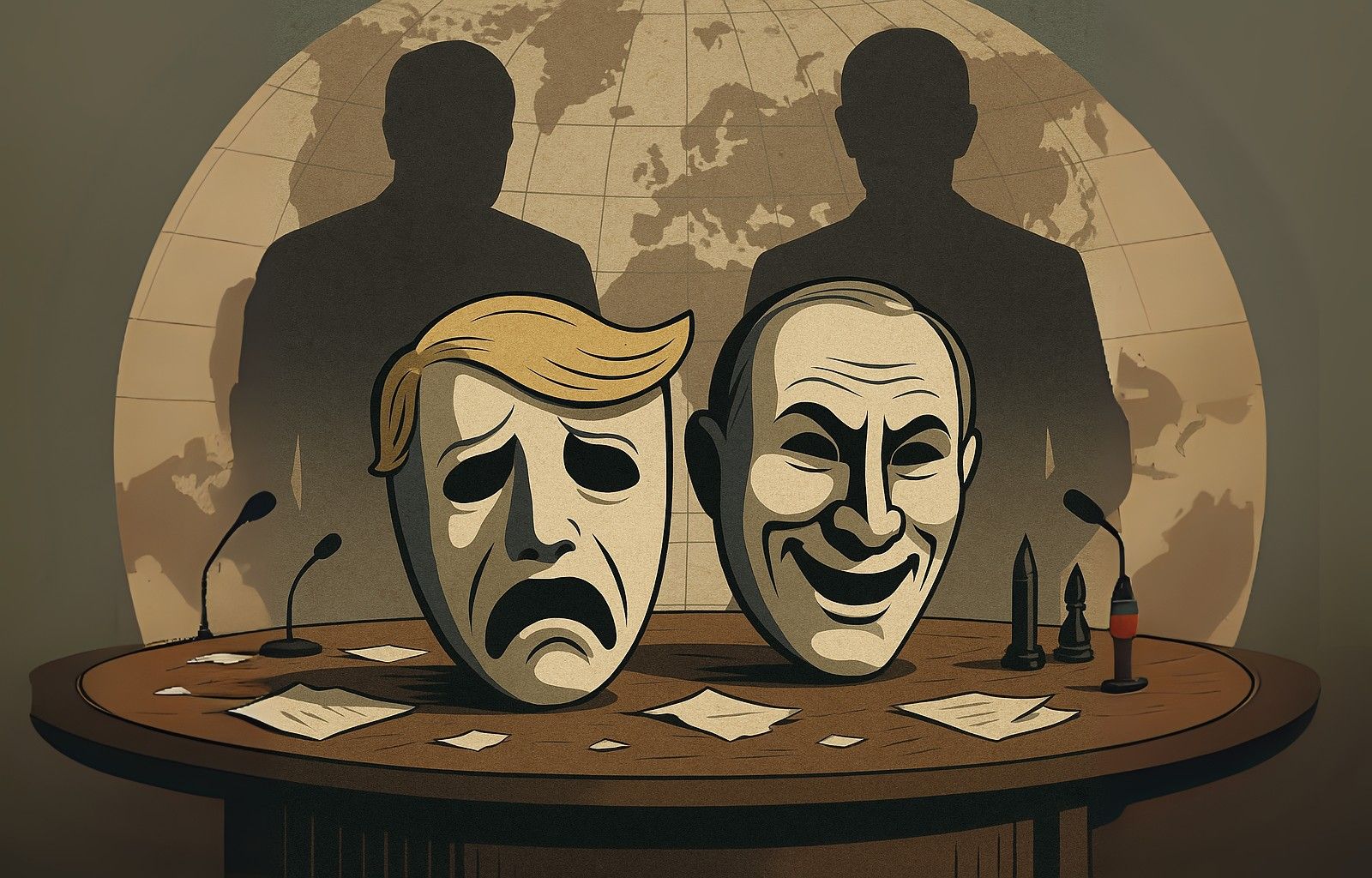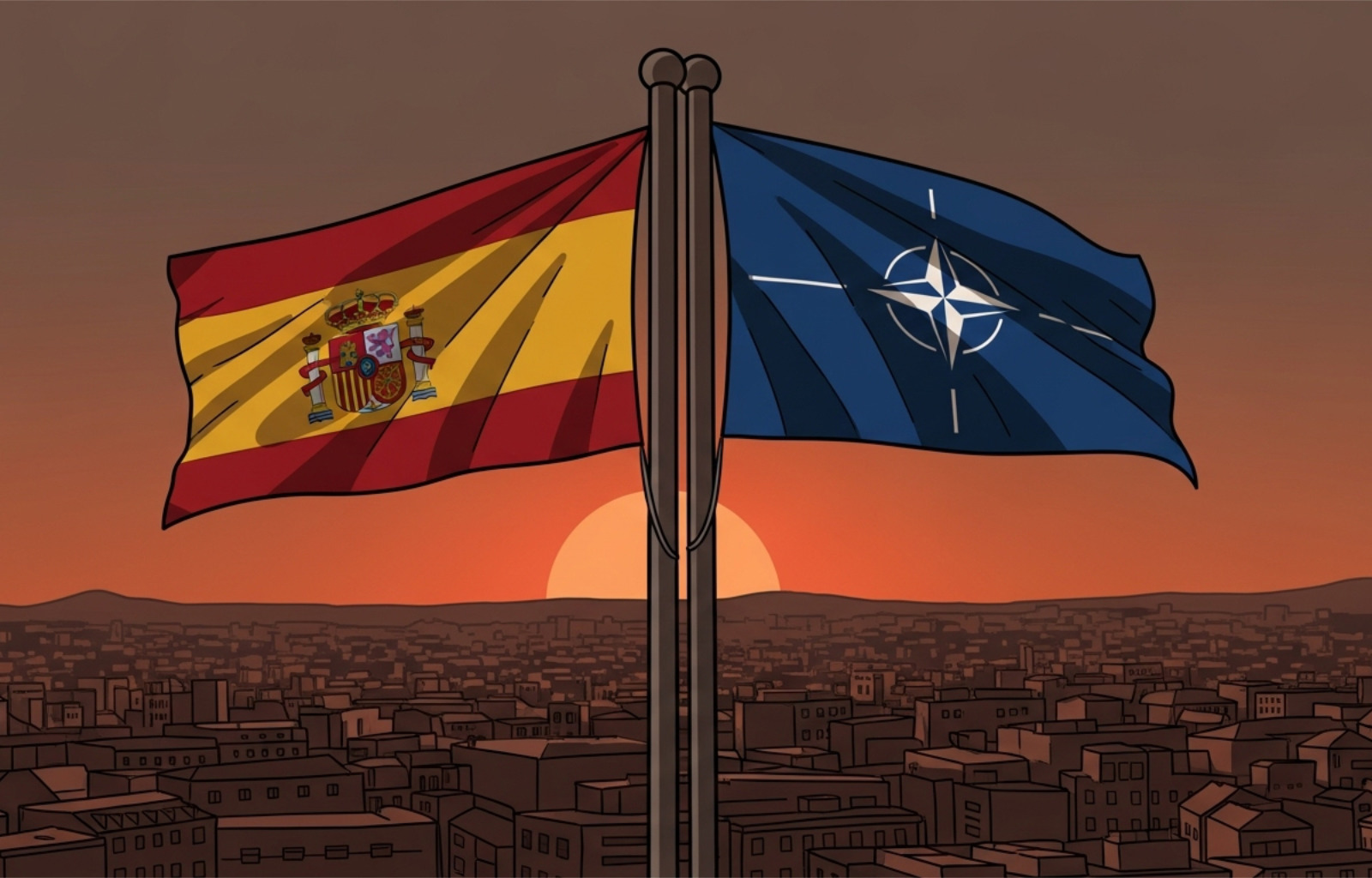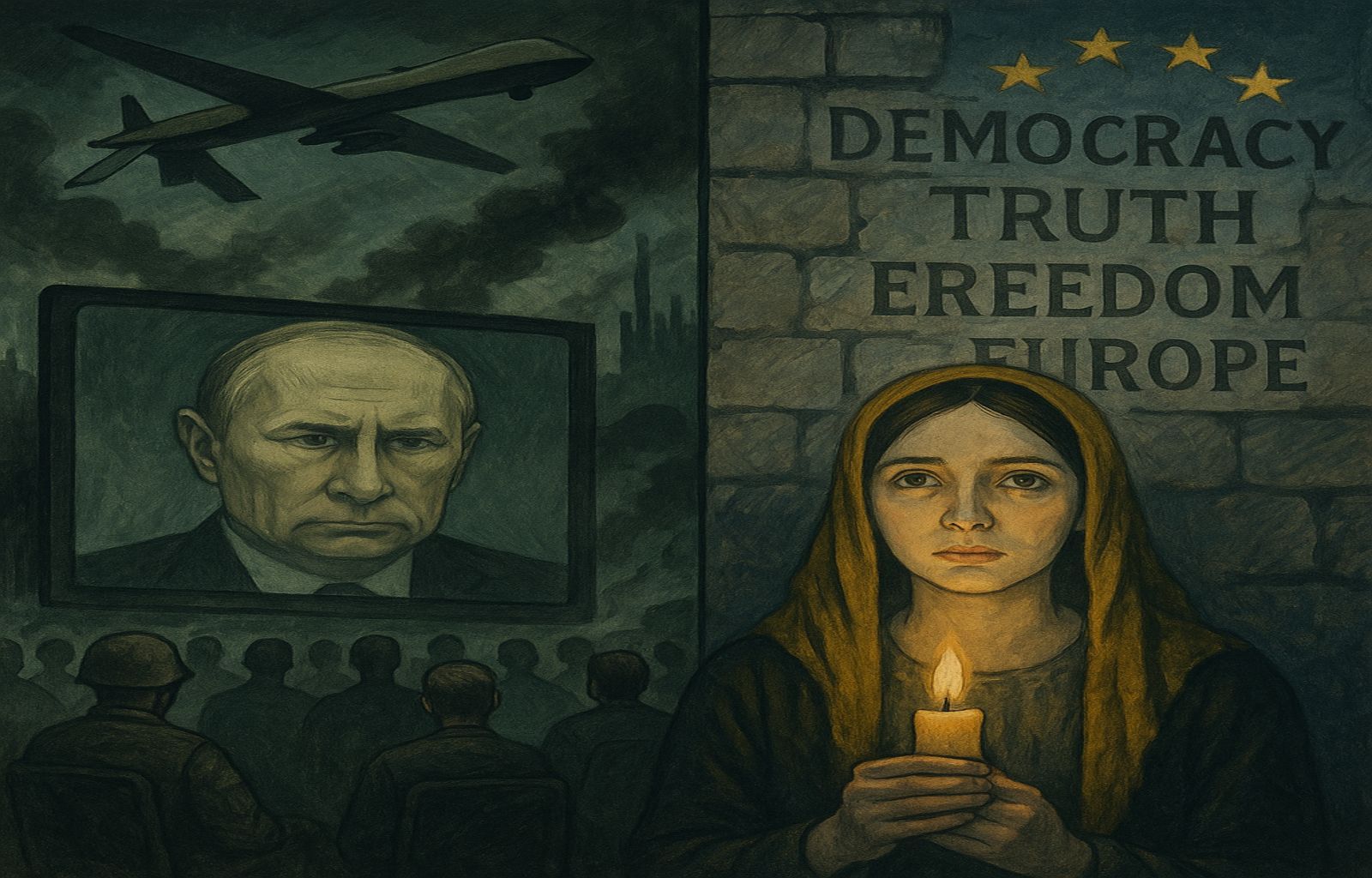On defence Trump is right. Those who love Europe, admit it
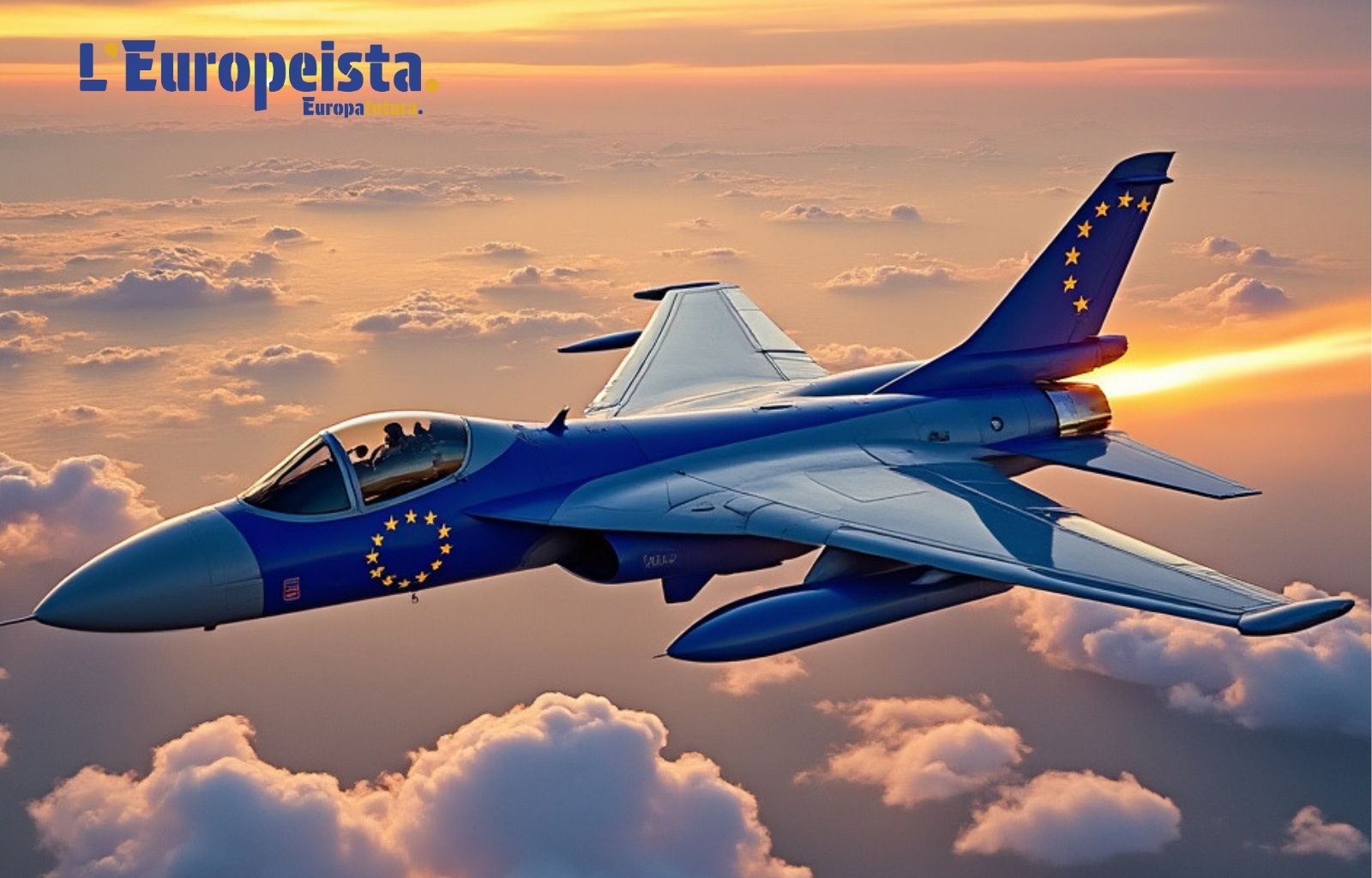
Donald Trump, with his demand that NATO countries spend at least 5% of their GDP on defence, has launched a provocation that should not be ignored. Beyond the exact figure, and the buffoonish and blustering attitude of the US president-elect, not to recognise this urgency is not to be good Europeans.
Europe must get out of the illusion of ‘strategic parasitism’
For far too long – we have been writing about this on L’Europeista since the beginning of our publications – the European members of NATO have been resting on theumbrella of protection offered by the United States, contributing less than they should and should have to common security. Even today, nine Alliance countries, including Italy, do not even reach the minimum promise of 2% of GDP for defence: a threshold that was not imposed by anyone, but decided by the NATO countries themselves. This attitude has fuelled accusations of ‘strategic parasitism’ and put transatlantic cohesion at risk, especially under the Trump presidency, which has pushed for greater financial balance. Let’s put it another way: European parasitism fuels Trump’s aggressive victimhood.
The line to follow is the one indicated by Mark Rutte
If the 5% proposed by Donald Trump seems a threshold that is difficult to reach in the immediate future, given also the complicated budgetary constraints and the production capacity of the European military industries, the direction is inevitable and necessary, as the new NATO Secretary General Mark Rutte is reiterating at every opportunity. Rutte’s proposal to double the spending target to 4 per cent of GDP is a realistic and ambitious balancing point. But, as the former Dutch liberal-conservative prime minister emphasises, it is not enough to spend more: it has to be done better and together. His recommendations focus on two key priorities:
- Invest in the most innovative technologies to strengthen the industrial base and defence capability of individual countries.
- Procurementtogether, as cooperation in the procurement of armaments and resources can reduce costs and improve operational effectiveness.
These strategies would make it possible to achieve more ambitious security objectives without placing an excessive burden on national budgets, while promotingEuropean integration in the defence sphere.

The geopolitical urgency: a strong or irrelevant Europe?
The current context does not allow for hesitation. The war in Ukraine, Russia ‘s increasing aggressiveness in the Baltic and the Caucasus, the prospect of China’s annexation war over Taiwan, constant Middle Eastern tensions and pirate and terrorist attacks on ships transiting the Suez Canal require Europe to take itself seriously if it does not want to literally die. This is not just a matter of finance, but of political vision and historical responsibility. A Europe that does not invest in its own security is a weak Europe, destined to be irrelevant in the global chessboard, a herbivore among carnivores.
Being good Europeans means investing in defence
Being good Europeans also means being prepared to protect one’s values and interests. Defence spending is not a waste, but a strategic investment for the future of the continent: more spending, more cooperation and more innovation. Or do we believe that the delays in the satellite field, to remain on a hot topic these days, are not also due to the lack of attention paid to military investments? So much for the superbonus for cottages.


